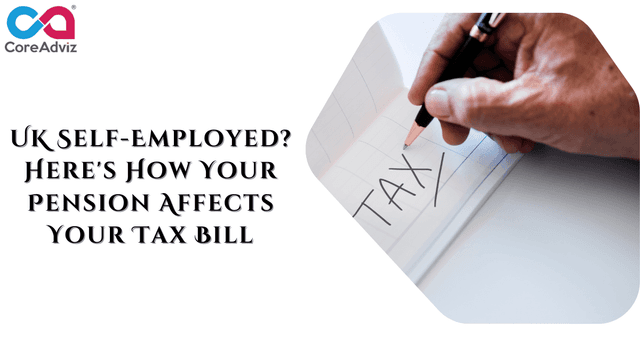
HomeBlog What Expenses Can UK Freelancers Legally Claim
What Expenses Can UK Freelancers Legally Claim
Kausik MukherjeeBusiness
Are you a freelancer in the United Kingdom? If so, familiarise yourself with the expenses that qualify as allowable costs. According to HMRC, you can claim allowable expenses. You can legally claim these expenses, but ensure that these expenses are incurred solely for your freelance work. Now let’s read this blog and know about these expenses.
Common Allowable Expenses
Office Costs
You can claim expenses for stationery and office supplies like pens, paper, and printer ink. Office costs include the bills for your phone, mobile, fax, and internet, but only the business-related portion. Your freelance work may involve postage and printing. So, do not forget to claim expenses associated with your business correspondence. Moreover, you would not believe it, but if you have computer software used for less than 2 years or are making regular payments to renew its license, you can claim that expense too.
Business Premises Costs
If you rent or own a workspace, you can claim:
- Rent and rates: Costs for business premises
- Utilities: Heating, lighting, and power expenses
- Insurance: Policies related to your business premises
Travel Expenses
If you are required to travel for your freelance work, you can claim vehicle costs by using simplified expenses, which implies that you can claim a flat rate per mile. This is 45p for the first 10,000 miles and then 25p. The best part is that these travel expenses include accommodation and meal costs incurred for business purposes. Even train, bus, and taxi fares for business trips are considered travel expenses!
Clothing Expenses
While everyday clothing, even if worn for work, is not claimable, you can claim for:
- Uniforms: Required for your freelance work
- Protective clothing: Necessary for health and safety
- Costumes: If you are an entertainer
Staff Costs
If you employ others in your freelancing business, you can claim payments to your employees, additional staff benefits like bonuses and pensions, cost for any outsourced work and contributions made on behalf of employees
Reselling Goods
For those who buy goods to sell, you can claim:
- Stock and raw materials: Items purchased for resale
- Direct production costs: Expenses directly related to producing goods
Legal and Financial Costs
You can claim expenses for:
- Professional services: Fees for accountants, solicitors, surveyors, and architects, provided they are for business reasons.
- Insurance: Professional indemnity insurance premiums
- Bank charges: Business-related bank, overdraft, and credit card charges
- Loan interest: Interest on business loans and hire purchase agreements
Training Courses
You can claim for training that helps you:
- Improve skills: Enhance existing skills used in your business
- Stay updated: Keep up with industry changes and technology
- Develop administrative skills: Support functions related to your business
- Training for new skills unrelated to your current business is not claimable.
Marketing and Advertising
Allowable expenses include:
- Advertising: Newspaper ads, directories, and bulk mail campaigns
- Website costs: Design, hosting, and maintenance
- Free samples: Given to promote your business
Note that entertaining clients or suppliers is not an allowable expense.
Working from Home
If you work from home, you can claim a portion of:
- Heating and electricity
- Council Tax
- Mortgage interest or rent
- Internet and telephone use
Record Keeping
Now that you know the expenses you can claim, practice record keeping because HMRC may request a piece of evidence while reviewing your self-assessment tax return. You must have accurate records to support your claim. While it is true that working as a freelancer offers you work-life balance, claiming these expenses is part of making it work for you.
Still confused or not sure what you can claim? As a UK-based accounting firm with years of experience, we sincerely help freelancers like you across the UK so that they can stay on the right side of HMRC and save some hard-earned money.


